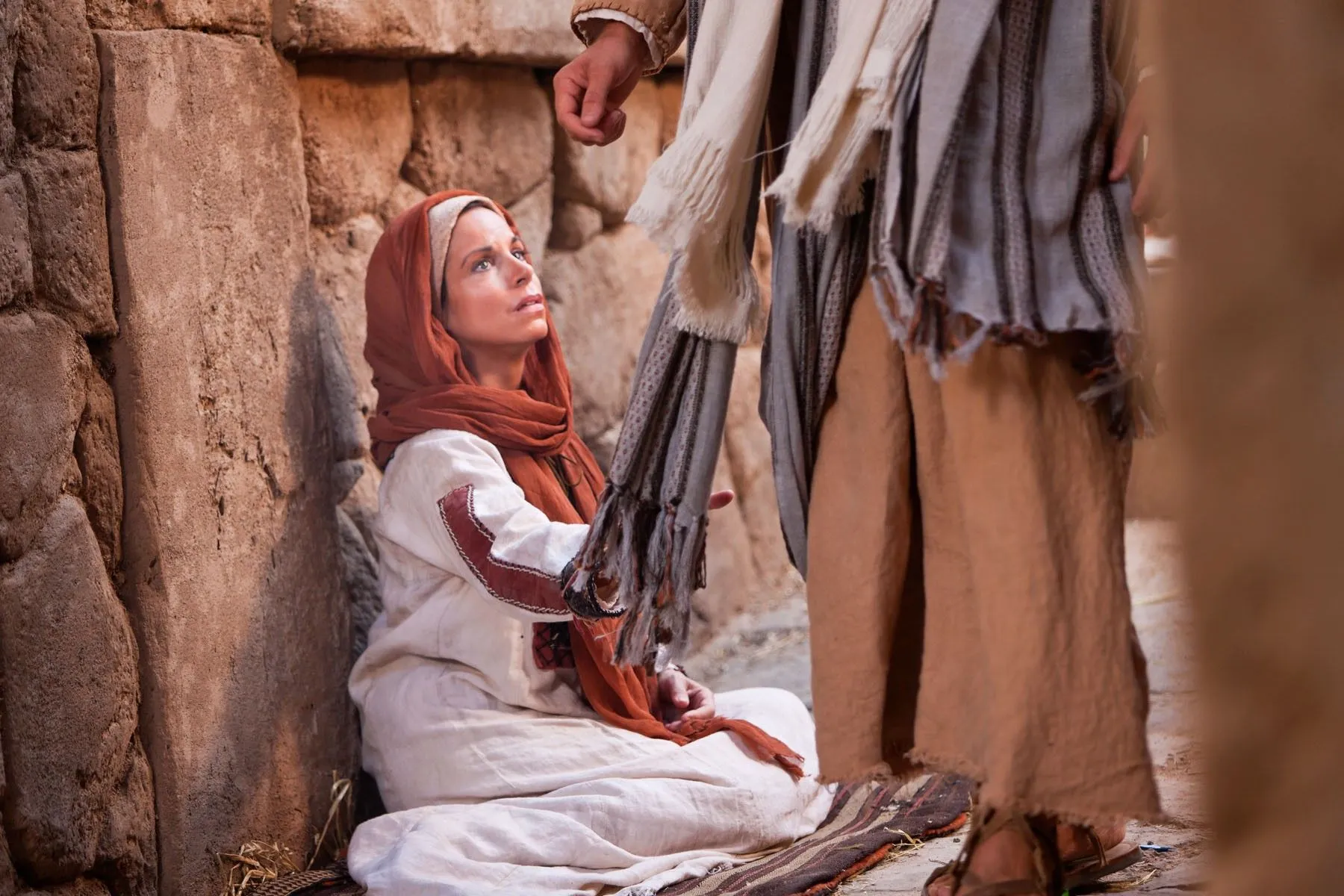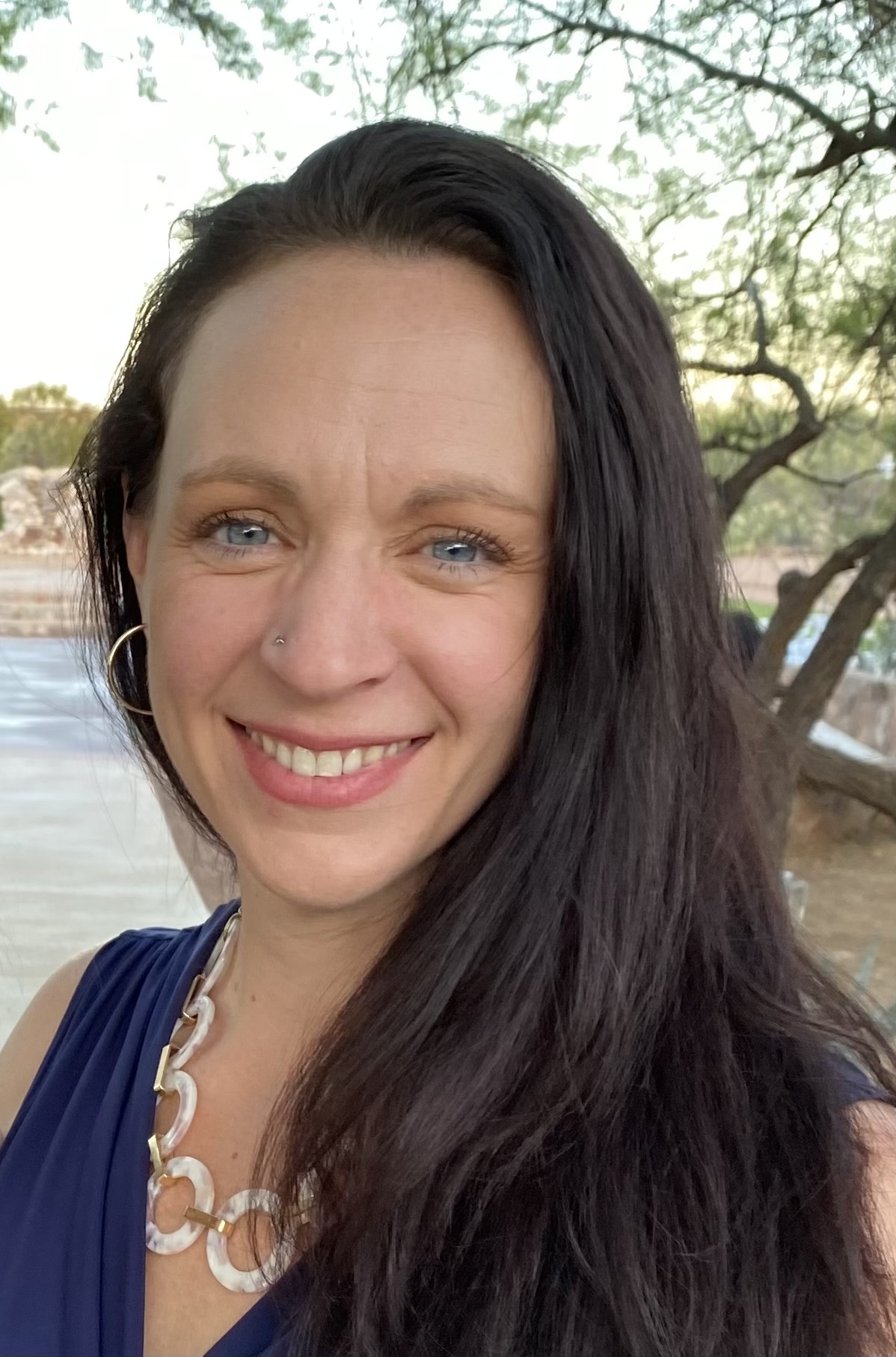The previous conversation left us wanting, for its definition of hope turned out to be mere wishful thinking. It offered no surety, no rescue from despair. So, is there more?
Yes, there is more. We have another definition of hope.
Used in a spiritual context, hope carries a far different meaning. Hope, from the spiritual perspective, is a sure thing, or a reliable truth or event.
Carrying this meaning, hope becomes more of a noun than a verb. Let’s talk about that.
Think carefully. Is there anyone or anything in your life on whom you can place your hope with all confidence? Some of you are starting to reply in the affirmative, but think carefully. We are not talking about “wishing” or “thinking well of” or “expecting the best of” someone or something. Considering that, it is very unlikely that there is anyone in your life who has always been or will always be a sure hope. And for those who come close, they can—literally—be gone in a heartbeat. In fact, one of the reasons we are working through this journey of suffering is because we had hoped in something or someone, only to discover that the object of our hope could not uphold our confidence—whether because of intentional betrayal on their part or simply the reality of life.
So, we can wish all we want, but there is no real possibility of something or someone being absolute and unchanging; there is no sure thing, no real hope.
Where does this leave us?
Since the object of our hope is not dependable, we shift our focus to the act of hoping. We hold on to hope as a verb. Our lives then become consumed by wishful thinking—sweet poster-sayings that fill our walls and car bumpers and even our minds. These things might calm our spirits for a time and temporarily push aside the hovering cloud of impending reality, but eventually, the variables stack up against us, and things often do not turn out “as we hope.”
So, surety does not lie in how strongly we hope (verb); rather, it must lie in the object of our hope (noun). Ahhh . . . now we are getting somewhere.
To meet the requirement of being a sure thing, the object of our hope must be…
unchanging,
absolutely truthful,
just,
and have perfect love.
Sounds impossible, right?
It is virtually impossible, and that is why we have learned to make concessions and excuses. The result is that we jump from one hopeful phrase to another, one wishful promise to the next. If our life journey was being watched from behind, it would appear haphazard and erratic, as we swerve from one flawed promise to another . . . and another . . . and another. It is also why we have lost our hope. Along the way, every other thing, every other person has fallen short. We know this deep inside. It is the very nature of our world.
And here is where I am asking you to listen with an open mind—or at least stay in the conversation. In the midst of the unknowns, the disappointments, and the uncertainties, there is one answer for the longing we all have for an absolute hope, for a sure thing.
Do you remember the Traveling Companion that I encouraged you to invite on this journey? It was for this very moment that I did so. Because He is…
unchanging and unchangeable,
absolutely truthful,
just,
and has perfect love.
He is your Creator, and He literally holds all things together. His name is I Am.
Yes, you most often hear Him simply called God. But when He introduces Himself to people, He uses a variety of names, usually one that fits the moment perfectly. In the book of Exodus, when He is about to rescue His people who are suffering and have lost their hope, He calls Himself I Am.
In that story, God sends Moses as the earthly leader for His people’s rescue, and Moses is unsure about asking the people to put their hope in what he has to say. He knows that they have been abused and feel that no one hears their cries for help. And now, he will ask them to put their hope in someone—and to follow through with actions to prove that hope. So, Moses asks God, “When they ask who has sent me with this hope; when they ask your name, what should I say?”
And God replies, “Tell them I Am has sent you.”
I Am.
Similarly, I chose the I Am name for God for this chapter because it fits the moment. After honest contemplation, we have come to one conclusion:
There is no one who is worthy of our complete trust.
There is no sure thing to which we can attach our hope.
There is no one!
And our Traveling Companion says, “I Am.”
“I Am”—a name so full of meaning and value. It holds layer upon layer of truth. As God says “I Am” He expresses His presence in the past, the present, and the future—His presence in your past, present, and future. God’s statement of “I Am” also answers our search for someone who is trustworthy. “I Am worthy of your complete trust. I Am dependable enough to hold your hope as a sure thing. I Am the One.”
There are some who say that God is just another poster-saying or that it is difficult to trust God because He is just a higher version of everyone else who has disappointed us. Others speak confidently about living a life with “no absolutes.” There is freedom, they say, in flexibility and openness to all truths.
The reality is that when we commit to a belief system with no certainties, we commit to a belief system with no real hope. My intent for this discussion, however, is not to present a defense for the existence or nature of God. I am only saying that I cannot have a conversation about hope without introducing you to the only one who can be that hope.
Our Creator knows us and our need for hope, or He wouldn’t have inspired this writing: “Let us hold unswervingly to the hope we profess, for he who promised is faithful” (Hebrews 10:23; emphasis mine).
Rather than compromising our expectations, rather than entrusting ourselves to one undependable wish after another, after another, we are to hold unswervingly—to what?—to the hope Himself. The surety comes not in our action of hope but in the object of our hope: we must “hold unswervingly to the hope . . . for he . . . is faithful.”
We can hope (verb) for someone to be faithful, but that will not hold us in the storm. There is only One who can be our hope (noun). Only He can say, “I Am” and prove that He Is.
I know. I have held unswervingly in the storm.
We have all experienced it: The storm rages. Chaos spins around us. Our hopes are betrayed. We acknowledge the truth: If life is only a chaotic free-for-all, there is no hope.
But when our companion speaks—“I Am!”—our longing for hope reaches out. And we discover there is One to whom we can hold without reservation.
~Susan Habegger, Author of A New Song
Susan is an author, speaker, founder and international director of Thrive Life Skills. Through intimate conversations, valuable reflection, and discussions about the Good Shepherd, who walks with us, A New Song will meet your need to make peace with suffering and find hope where you are. Coming April 2024 to Amazon! Connect with Susan HERE, and follow her on Facebook and Instagram.





0 Comments